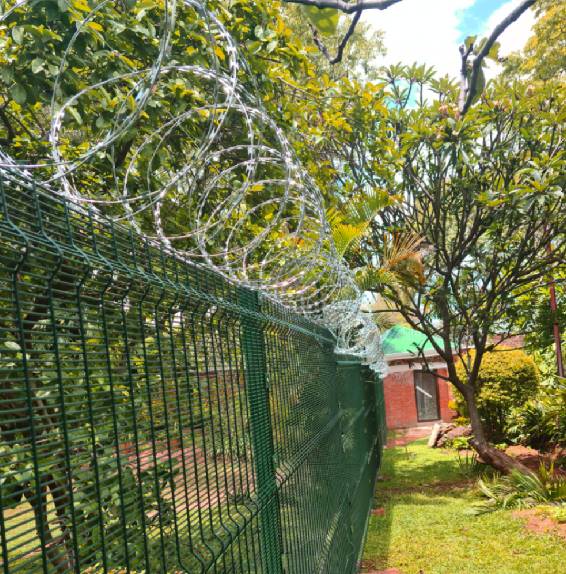Effective Solutions for Protecting Gardens with Chicken Netting Wire Techniques
The Versatility and Benefits of Chicken Netting Wire
Chicken netting wire, a staple in poultry farming and garden fencing, serves a multitude of purposes that extend beyond merely containing chickens. Its practical applications, durability, and advantages make it an essential item for farmers, gardeners, and homeowners alike. In this article, we will explore the various uses of chicken netting wire, its benefits, and how to choose the right type for your needs.
Understanding Chicken Netting Wire
Chicken netting wire, often referred to as poultry netting, is made from galvanized steel or vinyl-coated wire. The wire is typically designed with hexagonal or square openings, allowing for adequate ventilation while keeping predators out and chickens in. Although the name suggests it is exclusively for poultry, the netting is versatile enough for various other farming and gardening applications, including fencing, plant protection, and creating enclosures for small animals.
Uses of Chicken Netting Wire
1. Poultry Enclosures The primary and most common use for chicken netting wire is to construct pens and coops for chickens. The sturdy design helps protect chickens from predators, such as raccoons, foxes, and hawks while providing them with a safe space to roam and forage.
2. Garden Fencing Gardeners utilize chicken netting wire to protect their plants from wandering animals like rabbits and deer. The netting acts as a barrier, preventing pets and wildlife from damaging crops or trample delicate seedlings.
3. Compost Bins Chicken netting wire can also create functional compost bins. By wrapping the netting around wooden frames or posts, you can build a breathable bin that allows for proper air circulation while keeping larger critters out.
4. Supports for Climbing Plants The mesh structure of chicken netting wire can serve as an excellent trellis for climbing plants, such as cucumbers, peas, and beans. This not only saves space but also enhances air circulation and light exposure for the plants.
chicken netting wire

5. Rabbit and Small Animal Enclosures Small pets like rabbits and guinea pigs require secure living spaces. Chicken netting wire can be fashioned into pens to keep these animals safe from predators while allowing ample room for exercise and play.
Benefits of Chicken Netting Wire
1. Durability One of the defining features of chicken netting wire is its longevity. Galvanized or coated options resist rust and corrosion, ensuring that the fencing remains intact for years, even when exposed to the elements.
2. Affordability Compared to other fencing options, chicken netting wire is relatively inexpensive. Its cost-effectiveness makes it an ideal choice for those on a budget.
3. Easy to Install Chicken netting wire can be quickly and easily installed, requiring only basic tools and materials. This makes it accessible for DIY enthusiasts and novice gardeners alike.
4. Versatile Design The flexible nature of chicken netting wire means it can be shaped and molded to fit various fencing needs, whether it’s making a simple coop or a complex garden barrier.
5. Environmental Impact Using chicken netting wire can contribute to a more sustainable gardening and farming practice. By protecting plants and animals naturally, it reduces the need for harmful chemicals or pesticides.
Conclusion
Chicken netting wire is an invaluable tool in both poultry farming and gardening. Its versatility, durability, and affordability make it an ideal choice for a range of applications. Whether you’re looking to build a safe home for your chickens, protect your garden, or create an enclosure for small pets, chicken netting wire proves to be an essential investment. The next time you plan to enhance your backyard or farm, consider the advantages that chicken netting wire can bring to your projects!
-
Space-Saving Chain Fence Hacks Vertical Gardening with Cyclone MeshNewsJul.16,2025
-
Innovations in Iron Nail Wire Production for Modern ConstructionNewsJul.16,2025
-
Creative Uses of Wire Netting Fence in Modern Landscape DesignNewsJul.16,2025
-
Barbed Wire Fence Innovations in Anti-Climb TechnologyNewsJul.16,2025
-
Architectural Uses of Umbrella Nails for Aesthetic Roof DesignsNewsJul.16,2025
-
Architectural Uses of Razor Barbed Wire in Secure Urban DesignNewsJul.16,2025




